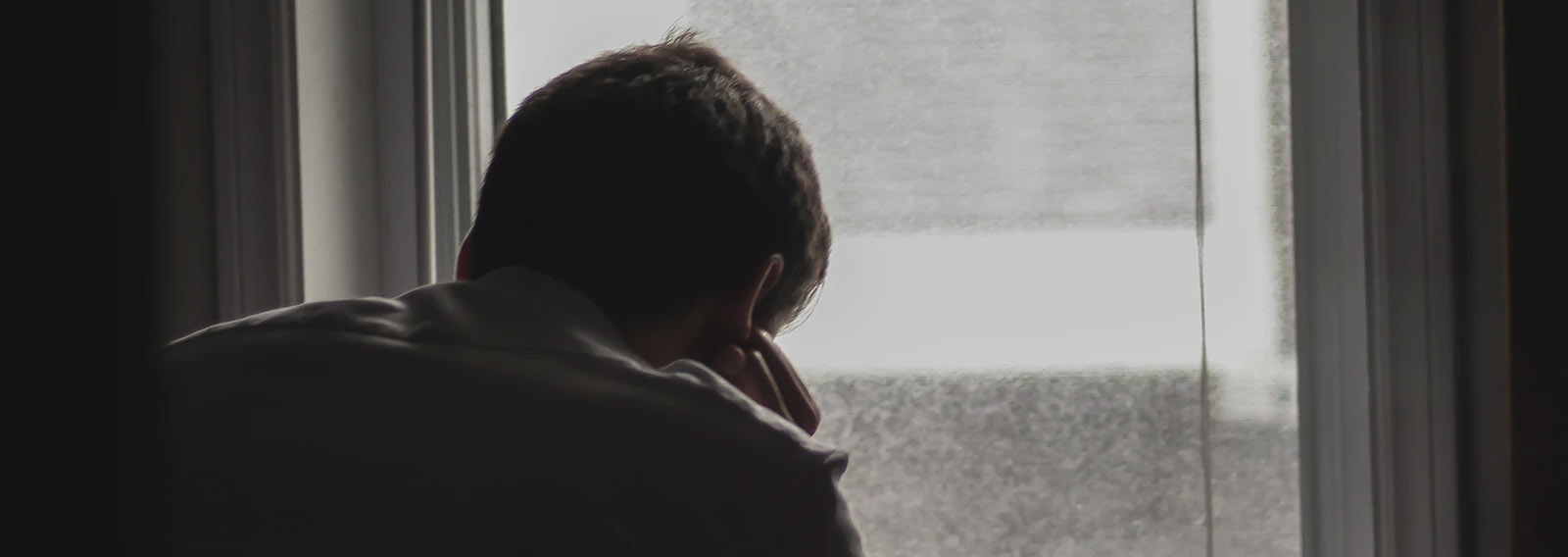After a significant push from the Australian Senate and Veteran advocacy groups, Australian Prime Minister, Scott Morrison (LNP – Cook) has announced a Royal Commission into Defence and Veteran suicides.
The PM’s original goal was to “create a permanent independent commissioner to investigate the issue.” (TND)
The ABC has said that the National Commissioner for Defence and Veteran suicides initiative had been before the Senate since 2019, but was stalled. (No reasons were given for why.)
Morrison’s plan for a NCDV is still in play and will work alongside the Royal Commission, in order to serve Veterans now, not 18 months down the track, when the RC has handed down its recommendations.
It’s a positive move.
A clear win for those at the tip of the spear, such as newly minted Independent, Craig Kelly (Ind.), Jacquie Lambie (Ind.), sympathetic members of parliament, including Veteran advocates, Julie-Ann Finney, and Voice of a Veteran CEO, Heston Russell.
Crediting Lambie, Russell, and Phillip Thompson (LNP), along with others in the LNP, who according to the Sydney Morning Herald, were willing to “cross the floor on a call for the government to establish a royal commission on veteran suicides,” Kelly told Caldron Pool:
“It’s about the message. It gives veterans hope; reminding them that we care; that we’re listening. Their needs haven’t fallen on deaf ears.”
While the Royal Commission into defence and veteran suicides will take time, the decision tells veterans that Australia is not going to make the same mistakes it did with Australia’s Vietnam War veterans.
An RC proclaims that this time we won’t allow radical political divisions or misguided anti-war activism to determine how we treat Vets. Neither will it take decades to show Australia’s appreciation, or that Australians care.
Morrison’s announcement was supported by Labor opposition leader, Anthony Albanese, whose politically charged “an RC was our idea all along”, Twitter thread response is best represented by his statement that, “Today is a victory for veterans and the tireless campaigners for a royal commission into veteran suicide…”
The battle for a Royal Commission was all but won after it was passed by the Senate in March. The Senate’s motion was expected to be rejected when it arrived in the House of Representatives (Lower House).
It’s passing through the House of Representatives sends a strong message of solidarity.
The strength of its symbolism says to veterans and our future Defence force personnel that we’re willing to fight for those, who go into battle to fight for us.
Canberra is upgrading a renewed awareness about our duty of care for Veterans, to a sense of urgency in providing care for them.
To add, it’s not a coincidence that Morrison’s announcement comes weeks after he moved Peter Dutton into the role of Minister for Defence. A brilliant move, that means no more soft diplomacy when dealing with Communist China’s “wolf warrior diplomacy.”
Dutton has been quick to show his support for veterans, overruling reckless military leadership decisions (that revoked meritorious recognition ‘for all special forces task groups who served in Afghanistan between 2007 and 2013’) in response to legacy media hype reacting to the Brereton inquiry into the alleged killing of innocent civilians by the Australian SAS in Afghanistan.
Bipartisan support is also a rejection of the Socialist Alternative’s opportunistic anti-ADF grab for relevance when they cheered on the CCP by riding the wave of Brereton Report hate hysterics in the media.
Likewise, the RC overrules that degrading collective punishment, and the Chinese Communist Party’s mockery of our Defence personnel by asserting that Australia won’t leave its Vets behind.
To quote veteran turned MP, Phillip Thompson’s speech in March:
“We—when I say ‘we’ I am speaking of my veterans on this side of the House—are in support, and some of them sit here with me today. We’ll support you. We will do what is right.”
Bravo Zulu, team Australia.
For members of the Defence Force community, both past and present, support is available here:
The Defence all-hours Support Line: 1800 628 036
Open Arms: 1800 011 046
Soldier On: 1300 620 380
Lifeline: 13 11 14
For the benefit of our overseas readers, a Royal Commission is a public inquiry, ‘run by appointed Commissioners to conduct an inquiry with terms of reference approved by the Governor-General.’
It’s ‘independent of government, into a matter of great importance. They have broad powers to hold public hearings, call witnesses under oath, and compel evidence, from which recommendations are made to the government about what should change.’
Fittingly, the Australian Governor-General is selected by the presiding Australian Government, and usually has a strong history of dedicated military service. The office acts as the Queen’s proxy; is constitutionally recognised, and functions as Commander-in-Chief of the Defence Force.






















